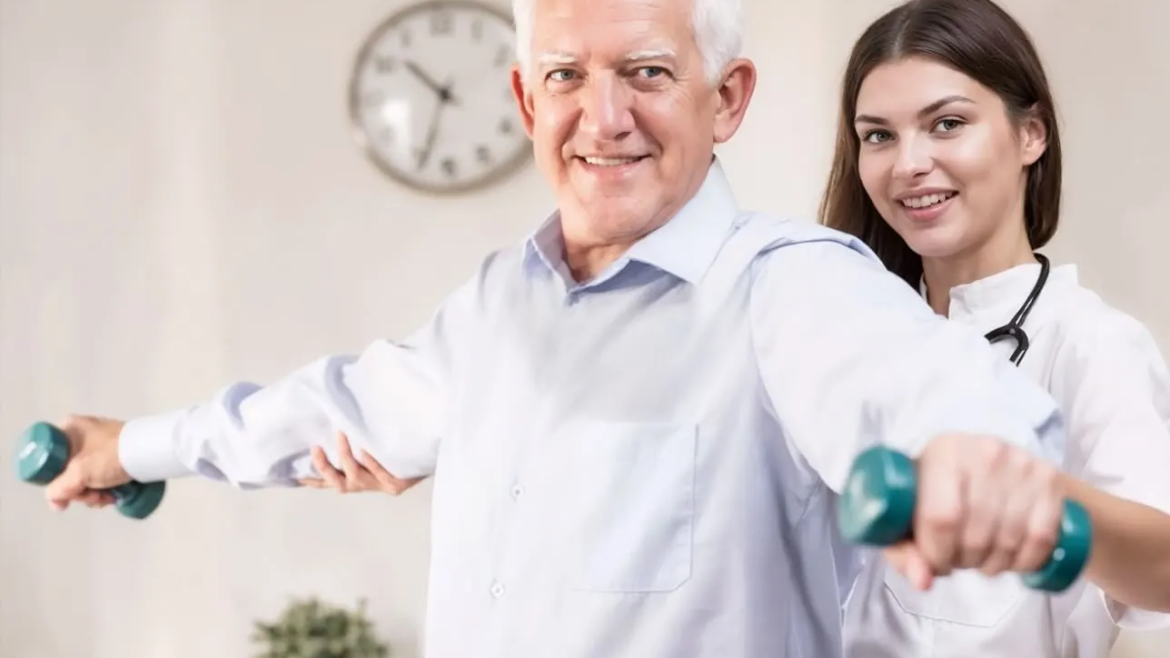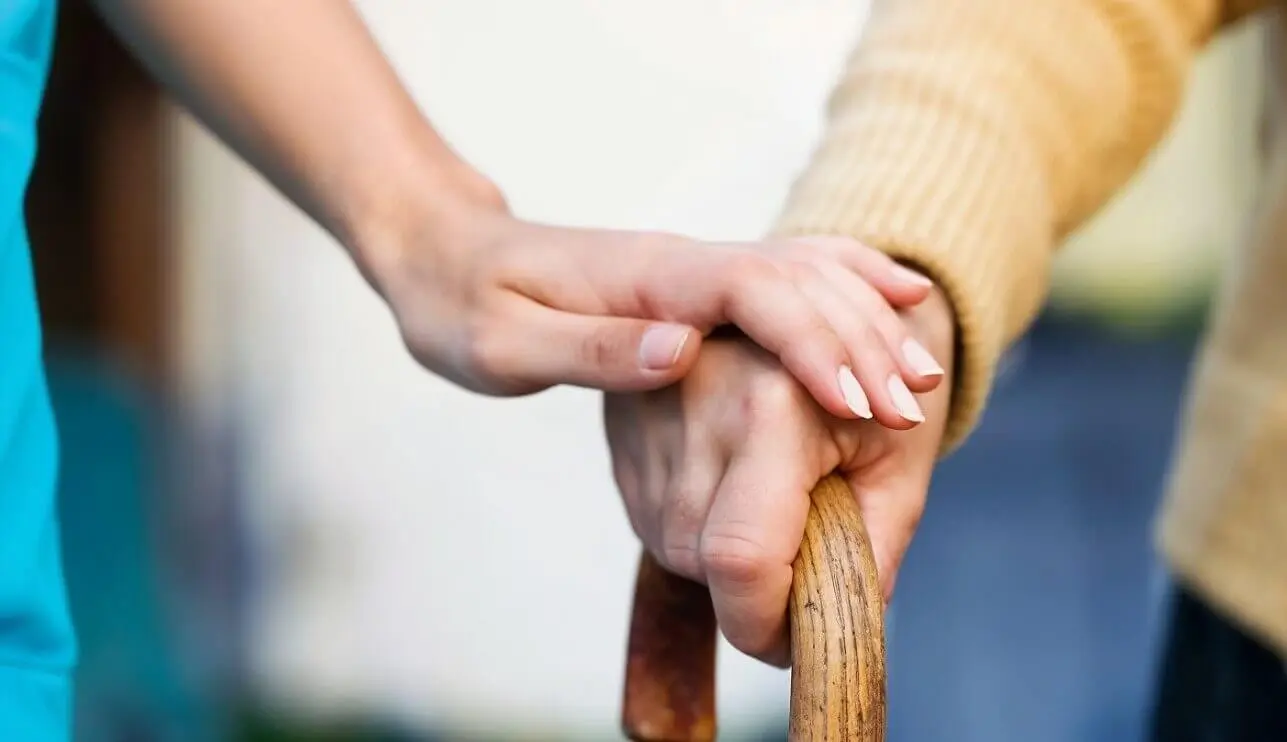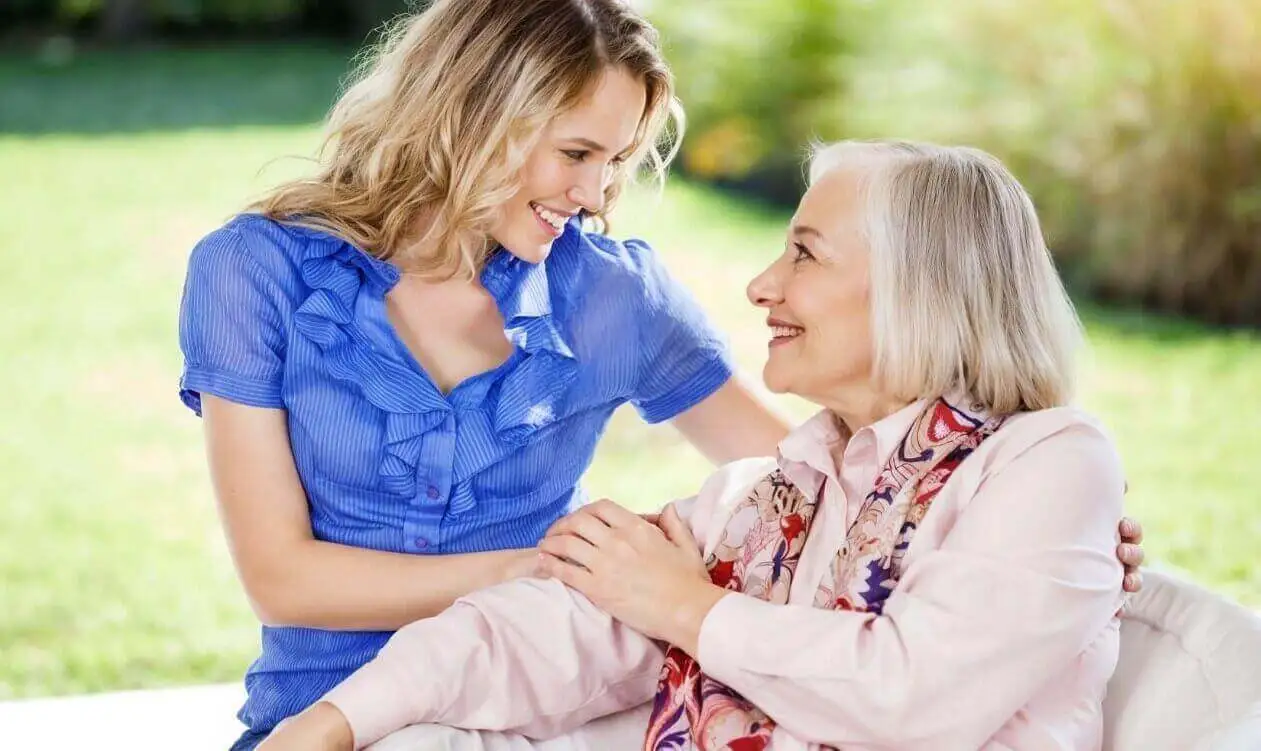Tips for Keeping the Senior in Your Life Active
This article covers valuable guidance on keeping older individuals active in four key areas: socializing, maintaining physical activity, engaging their minds, and seeking spiritual fulfillment. Additionally, we’ll offer useful information and direct you to resources on how Valley View Hospice Los Angeles can assist you in supporting the elderly people in your life.
Highlights
- Keeping seniors in your life active can improve their physical and mental health, prevent chronic diseases, and enhance their quality of life.
- You can help the seniors stay active by encouraging them to participate in social, physical, mental, and spiritual activities that are enjoyable, suitable, and safe.
- You can also help the senior in your life overcome the challenges and barriers that may prevent them from being active, such as lack of motivation, social isolation, health problems, or accessibility issues.
- Hospicelosangeles.net can provide more information and assistance on keeping the senior in your life active and offer hospice and palliative care services for those who need them.
According to the World Health Organization, physical activity can reduce the risk of falls, cardiovascular diseases, diabetes, and some cancers among older adults. It can also help maintain or improve their strength, balance, flexibility, and endurance, essential for their daily functioning and independence.
Mental activity can stimulate the brain, enhance memory, and prevent cognitive decline among older adults. It can also help them cope with stress, depression, and anxiety, which are common mental health issues among older adults.
Social activity can prevent loneliness, improve mood, and foster a sense of belonging among older adults. It can also provide them emotional support, companionship, and opportunities to share their experiences and wisdom.
Spiritual activity can nourish the soul, provide meaning and purpose, and cope with stress and loss among older adults. It can also help them find comfort, peace, and hope later, especially when they face questions, doubts, and fears about their mortality and legacy.
Tips for Keeping the Senior in Your Life Active
Keeping the seniors in your life active is one of the best ways to show them your love and care. Whether it is your parent, grandparent, spouse, friend, or neighbor, the senior in your life can benefit from being active in many ways.
Social Activities
One of the most important aspects of keeping the seniors in your life active is to help them stay connected with others. Social activities can help them prevent loneliness, which is a significant risk factor for depression, dementia, and mortality among older adults. Social activities can also improve their mood, self-esteem, and well-being and give them a sense of belonging and community. Some examples of social activities that the senior in your life can participate in are:
- Joining a club or a group that shares their hobbies, interests, or passions, such as knitting, gardening, book club, or chess club.
- Attending a class or a workshop that teaches them something new or enhances their skills, such as cooking, painting, photography, or computer skills.
- Visiting a friend or a relative they last saw a while ago or inviting them over for a chat, a meal, or a game.
- Hosting a family gathering or a celebration that brings together their loved ones, such as a birthday, an anniversary, or a holiday.
- Volunteering for a cause they care about or a service they can offer, such as tutoring, mentoring, or helping at a soup kitchen, library, or hospital.
You can use the Eldercare Locator to help the senior in your life find and connect with others who share their interests. This public service can help you locate local resources and services for older adults and their caregivers. You can also use online platforms and communities like Meetup, Facebook, or Nextdoor to find and join groups and events that suit your preferences and needs. Alternatively, you can contact local organizations, such as senior centers, community centers, churches, or libraries, to inquire about their programs and activities for older adults.
Physical Activities
Another crucial aspect of keeping the seniors in your life active is helping them stay physically fit and healthy. Physical activities can help them maintain or improve their strength, balance, flexibility, and endurance, which are essential for their daily functioning and independence. Physical activities can also reduce the risk of falls, cardiovascular diseases, diabetes, and some cancers among older adults. Some examples of physical activities that the senior in your life can do are:
- Walking, jogging, cycling, or swimming are low-impact aerobic exercises that can improve cardiovascular health and endurance.
- Gardening, cleaning, household chores, or moderate-intensity activities that can burn calories and strengthen their muscles and bones.
- Dancing, yoga, or tai chi are fun and relaxing activities that improve balance, flexibility, and coordination.
- Lifting weights, using resistance bands, or doing bodyweight exercises are high-intensity activities that can build muscle mass and power.
To make physical activities fun for the senior in your life, you can:
- Listen to music, watch a video, or follow a podcast that can motivate them and keep them entertained while they exercise.
- Try new exercises, routines, or equipment that can challenge them and keep them interested in their workouts.
- Compete with others, such as their friends, family, or neighbors, who can inspire and keep them accountable for their goals.
However, before the senior in your life starts any physical activity, you should consult their doctor to ensure the activity is safe and suitable for them. You should also follow the guidelines for physical activity for older adults, which recommend that they do at least 150 minutes of moderate-intensity aerobic activity and muscle-strengthening activities twice a week. It would help if you also took precautions and safety tips, such as:
- Warm up before and cooling down after each session to prevent injuries and soreness.
- Staying hydrated and eating well to replenish their energy and nutrients.
- Please wear appropriate clothing and footwear to protect them from the weather and the terrain.
- Avoid extreme weather conditions, such as heat, cold, or humidity, that can pose health risks for them.
Mental Activities
Another vital aspect of keeping the seniors in your life active is helping them stay mentally sharp and alert. Mental activities can help them stimulate their brains, enhance memory, and prevent cognitive decline among older adults. They can also help them cope with stress, depression, and anxiety, which are common mental health issues among older adults. Some examples of mental activities that the senior in your life can do are:
- Reading, writing, or listening to books, magazines, newspapers, or podcasts that can inform, entertain, or inspire them.
- Solving puzzles, playing games, or doing quizzes that can challenge their logic, reasoning, or creativity, such as crossword, sudoku, chess, or trivia.
- Learning a new skill, language, or instrument that can expand their knowledge, abilities, or horizons, such as cooking, painting, photography, or guitar.
- Teaching, mentoring, or sharing their skills, knowledge, or wisdom with others who can benefit from their expertise, experience, or perspective, such as children, students, or peers.
To challenge and improve their brain, you can:
- Increase the difficulty, frequency, or variety of their mental activities, such as reading more complex books, solving more challenging puzzles, or learning a different language.
- Combine mental activities with physical or social activities, such as reading while walking, playing games with friends, or learning a skill with a partner.
- Monitor their progress and reward their achievements, such as keeping track of their scores, levels, or certificates or celebrating their milestones, accomplishments, or successes.
However, you should also be aware of the signs and symptoms of cognitive impairment, which is a condition that affects the ability to think, remember, or perform daily tasks. Some of the signs and symptoms of cognitive impairment are:
- Memory loss includes forgetting names, dates, events, or appointments.
- Confusion, such as getting lost, mixing up words, or needing help following instructions.
- Difficulty, such as solving problems, making decisions, or planning activities.
- Changes, such as mood, personality, behavior, or interest.
If you notice any of these signs and symptoms in the senior in your life, you should contact their doctor as soon as possible to get a diagnosis and treatment. You should also provide them with help and support, such as reminding them of important information, assisting them with daily tasks, or accompanying them to appointments. You can also access Los Angeles hospice services, which can provide you and the senior in your life with medical, emotional, and spiritual care and guidance.
Spiritual Activities
The last but not most minor aspect of keeping the senior in your life active is to help them stay spiritually fulfilled and satisfied. Spiritual activities can help them nourish their soul, provide meaning and purpose, and cope with stress and loss among older adults. Spiritual activities can also help them find comfort, peace, and hope in their later years, especially when they face questions, doubts, and fears about their mortality and legacy. Some examples of spiritual activities that the senior in your life can do are:
- Praying, meditating, or practicing mindfulness can help them connect with their higher power, inner self, or nature and calm their mind, body, and spirit.
- Practicing yoga, tai chi, or qigong can help them balance their energy, harmony, and wellness and improve their physical, mental, and emotional health.
- Attending a religious service, ceremony, or ritual can help them express their faith, beliefs, or values and join a community of like-minded people.
- Reflecting on their life experiences, stories, or memories can help them appreciate their past, present, and future and share their insights, lessons, or wisdom with others.
- Expressing gratitude, forgiveness, or compassion can help them acknowledge their blessings, heal their wounds, or help others in need, as well as cultivate a positive, generous, or kind attitude.
To explore and express their spirituality, you can:
- Encourage them to discover and pursue their passions, dreams, or goals that can give them joy, fulfillment, or direction and inspire them to live their best lives.
- Support them in facing and overcoming their challenges, fears, or regrets that can hinder them from achieving their potential, happiness, or peace, and empower them to grow and learn from their experiences.
- Help them create and leave a legacy, such as a memoir, a video, a letter, or a gift, that can capture and convey their essence, values, or message and honor their memory and impact.
However, you should also be aware of the benefits and challenges of spirituality for older adults. Spirituality can provide them with comfort, peace, and hope, especially when they face illness, death, or grief. Spirituality can also help them cope with stress, depression, and anxiety, which are common mental health issues among older adults. However, spirituality can also pose questions, doubts, and fears, especially when they face uncertainty, change, or loss. Spirituality can also cause conflicts, tensions, or isolation, especially when they have different views, beliefs, or practices from others.
If you or the senior need spiritual care and guidance, you can contact a chaplain, counselor, or spiritual leader who can provide support, advice, or resources. You can also use the hospice and palliative care services from, which can give you and the senior in your life medical, emotional, and spiritual care and guidance.




